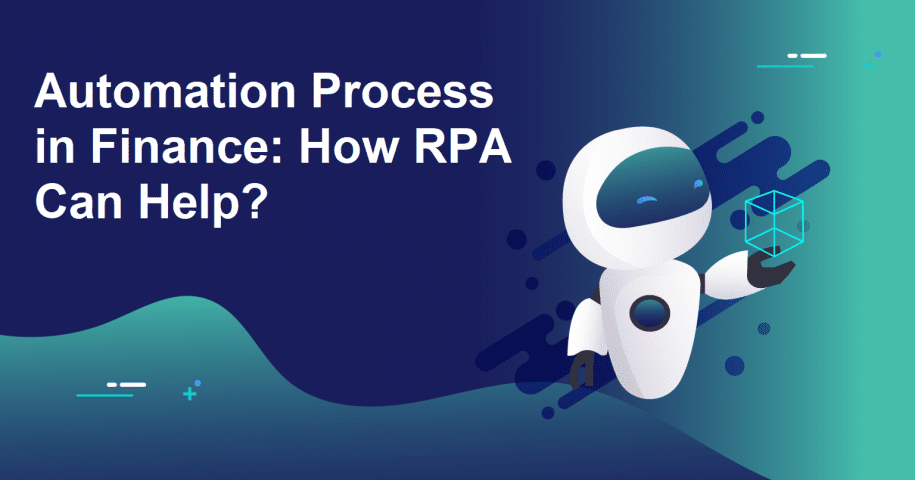With several new innovations and applications at play, the finance world is in for an exciting time ahead. Robotic process automation (RPA) is one such technology that can completely revolutionise business processes. This technology uses software robots to automate tedious business operations that traditionally require human intervention.
While manufacturers are already leveraging RPA to automate assembling, testing, and packaging functions, its penetration into the finance industry is relatively new. This is why the RPA use cases in finance are yet to be fully explored.
RPA Use Cases/Application in Finance
With increasing awareness of the value of automation, RPA in finance has gained traction over the past few years. The uses of RPA in trade finance can translate into increased efficiency, reduced cost, improved employee morale and higher returns.
As per Leslie Willcocks, professor of technology, work and globalisation at the London School of Economics, automating business tasks via RPA can offer a potential ROI of 30–200% in the first year itself.
Here are some of the most promising RPA use cases in finance.
1. Data Verification
Data verification is an integral part of finance operations. Verification processes for Customer Due Diligence(CDD) and Know Your Customer (KYC) though essential, are often tedious and time-consuming. Incorporating robotic process automation applications into such verification processes will save time and minimise errors. As a result, the customer onboarding process is accelerated. Besides, RPA robots can also help quickly identify anomalies and priority cases, which is critical for the banking space.
2. Report Generation
Financial institutions often prepare tons of reports depicting their performance and challenges to meet the compliance requirements. These reports are data-intensive, and manually compiling them makes them prone to errors. RPA software can effectively collate information from various sources and put it in a presentable format to generate error-free reports. With robots taking care of such mundane tasks, employees can devote more time to analysing insights to make smart decisions.
3. Accounts Receivable and Payable
For large-scale businesses, the manual operation of matching accounts is a time and cost-intensive process. Instead, they can leverage RPA technology to keep track of their accounts receivable and payable to maintain good financial standing. RPA robots can match thousands of invoices with their purchase orders, validate all fields and ensure correct payment processing.
4. Reconciliation
Another promising application of RPA in finance is in the area of reconciliation. RPA can take all the stress out of a reconciliation process by extracting data, downloading statements, comparing balances and reporting discrepancies.
5. Automation in Investment Banking
The job of an investment banker is fraught with collecting and processing a massive volume of data. This tedious drudgery often results in bankers working for extreme and brutal hours. Robotic process automation in investment banking will improve the efficiency of investment bankers in closing and managing their deals by taking away the most laborious and repetitive aspects of their job.
6. Tax Automation
If you’re looking for a sustainable tax automation solution, RPA can very well be the answer. RPA software will take care of all rule-based tasks of the tax department, such as copying and pasting, extracting structured data, filling forms, making calculations and collecting statistics. This way, skilled tax professionals will have more space to focus on high-value work.
Conclusion
The future of financial services lies in intelligent automation, and RPA can help achieve it. However, RPA is not a cognitive computing solution. It may not be as suitable in judgment-based processes as in rule-based ones. Hence, you cannot treat RPA in finance as ‘set it and forget it’ technology. Instead, you need to analyse the result and identify the scope for improvement continuously. The benefits of RPA can be best leveraged when used in combination with other critical tools such as AI, machine learning and OCR.



Leave a Reply